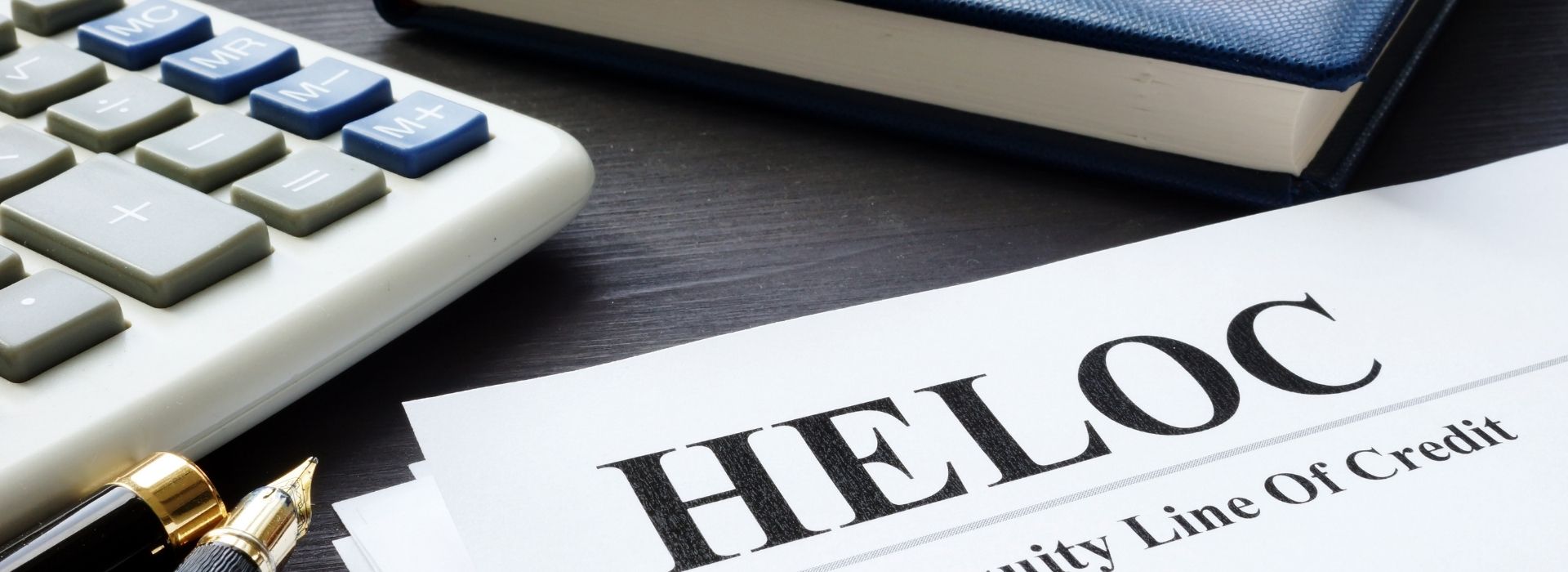Student Loans
Great Lakes Credit Union has everything you need to help manage your money and plan for the future.

CommunityApril 17, 2019
Buying a home is typically the largest purchase that many Americans will make in their lifetimes—and most won’t own their home outright for 15 to 30 years, depending on their mortgage term. As you pay off your mortgage month by month, the percentage of property that you own increases. This is called “equity,” which Investopedia.com defines in real estate as the difference between the market value of the home and how much is still owed to the mortgage lending institution. When you need extra funds, it is possible to take out an equity loan against the value of your dwelling.
How much can you borrow?
When considering a home equity loan, it is important that you understand how much you can reasonably expect to borrow. Since the loan is based on the equity you have in your home, the house and the property’s fair market value must be determined first. While Kimberly Dawn Neumann of Realtor.com says that there is no special mathematical formula for determining fair market value, it is generally defined as the price your house would fetch if it was sold.
A licensed appraiser will look at your property and consider factors such as location, condition and size to quote a dollar amount. Once the fair market value is determined, the amount you still owe on your home is subtracted to determine how much equity you have. Investopedia.com explains that your lender will typically let you borrow between 80 and 90 percent of your home’s equity depending on your credit history.
What is a home equity loan used for?
If you are looking to borrow against the equity in your home, chances are that you need assistance in making another big purchase. Hal M. Bundrick, CFP, a NerdWallet.com columnist, certified financial planner and investment specialist, takes a harder stance and advises that you should only tap into the equity of your home for one of two reasons: the home needs significant repairs, such as a new air conditioner or water heater; or you want to upgrade your home in a way that increases its value. When it comes to the repairs or other maintenance expenses, those costs help to not only keep the value of your biggest investment stable, but could also increase its fair market value. Certain remodeling projects can do the same thing if the upgrades are chosen wisely for the appeal they will add to your home if you were to sell it.
If you are seriously considering applying for a home equity loan, remember that this is a piece of your home being put up as collateral for a loan. Investopedia.com points out that these loans typically have reasonable interest rates and might initially seem like a good way to pay off other high-interest debt, like that accrued from credit cards. However, if your home equity loan goes bad, you could lose your house quickly.
Before deciding whether or not a home equity loan is right for you, examine all of your options and consider speaking to a financial advisor.